4 benefits a trip to Hawaii can have on your health
Visiting the Aloha State can help your body, mind and spirit.
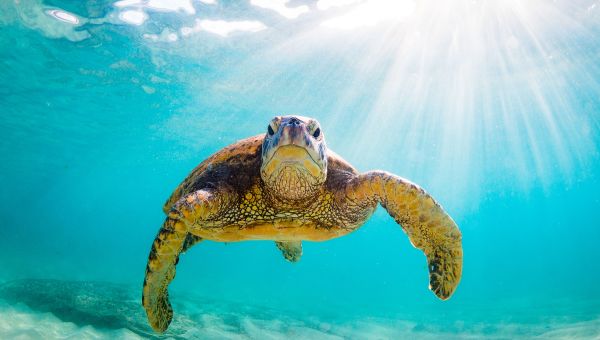
You already know Hawaii for its pristine beaches, floral lei and tropical tiki drinks, but did you know a trip to Hawaii might improve your health? Hawaii has consistently ranked as one of the healthiest states in the country. At 82.5 years, it also has the longest life expectancy, compared to 78.6 years nationally. So, what is it about the Aloha State that leads to healthy, long-lived residents? Nobody can say for sure, although America’s Health Rankings notes the state’s low obesity rates, high physical activity, low levels of air pollution and low prevalence of frequent mental distress in its assessment. If you can’t actually live in Hawaii, try these tips on your next Hawaiian getaway to maximize fun while giving you a possible health boost.
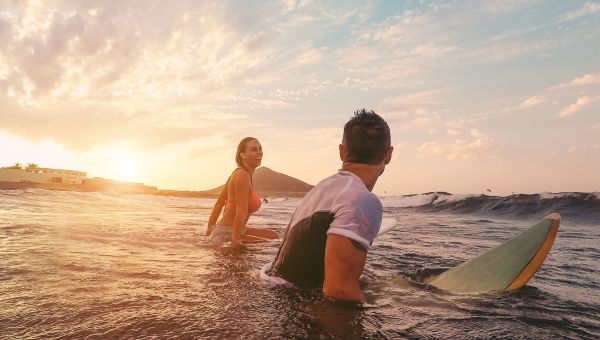
Get a dose of vitamin sea
Hawaii is the surfing capital of the world, boasting seasonal big waves and dependable surf breaks. While today’s surfers look a bit different than the alii (chiefs) on sturdy koa boards of old Hawaii, they carry on a unique Hawaiian tradition that is now popular around the globe.
Surfing aside, Hawaii’s warm, azure waters play host to a variety of water sports, such as stand-up paddle boarding, kayaking, canoe paddling and swimming. These are all fantastic forms of exercise to get your blood pumping. According to the Centers for Disease Control and Prevention (CDC), adults should complete at least 150 to 300 minutes of moderate-intensity aerobic exercise or 75 to 150 minutes of vigorous-intensity aerobic exercise every week. Why not enjoy those exercise minutes on the water?
As always, be cautious when spending time in open water. Stick to beaches with lifeguards present and pay attention to posted warning signs. Protect your skin from burns with reef-safe sunscreen while also covering up as much as possible with a hat and UV sun protecting rash guard.
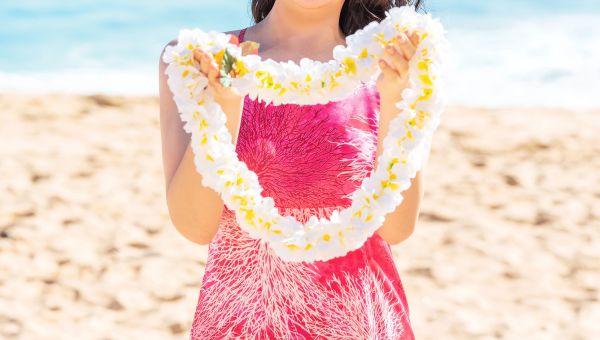
Learn from the Aloha Spirit
Aloha is a traditional Hawaiian greeting that means hello and goodbye, but it also means love, compassion, mercy and peace. Aloha isn’t just a word—it’s a way of life. You’ll likely see shirts or bumper stickers that read “live aloha” during your stay. Aloha is so important, in fact, that in 1986, the Hawaii legislature adopted the “Aloha Spirit” law, which requires that government officials “may contemplate and reside with the life force and give consideration to the ‘Aloha Spirit.’”
Living with love and compassion may be beneficial to your physical and psychological health as well. Volunteering may help decrease the risk of depression in seniors over 65, as well as reduce stress and possibly even increase longevity. Meanwhile, lasting relationships, like marriage, may lower blood pressure, decrease anxiety, improve stress management and lead to longer, happier lives. Maybe the abundance of aloha has something to do with the longevity of Hawaii state residents.
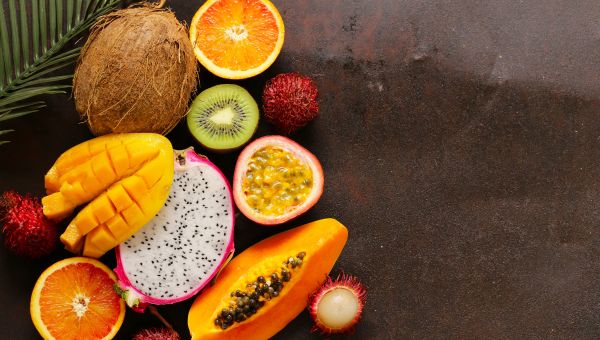
Feast on a tropical bounty
Although the rich volcanic soil makes Hawaii ideal for growing crops, the terrain and high cost of land make farming impractical in most areas. According to one U.S. Department of Commerce report, approximately 85 to 90 percent of Hawaii’s food is actually imported. Thanks to a growing farm-to-table trend and a government goal of doubling local food production, an increasing number of restaurants and markets offer locally grown produce and locally raised meat.
While on your Hawaiian getaway, make an effort to try out some of the truly local fare available, such as grass-fed beef, fresh caught fish, island-raised oysters and prawns, succulent mangos, mountain apples, apple bananas, pineapples, lychee, juicy papaya and the traditional staple, taro. Most islands offer farmer’s markets that are fun to explore and have the freshest foods available. Expand your diet and treat your taste buds while supporting the growing Hawaii farm economy.
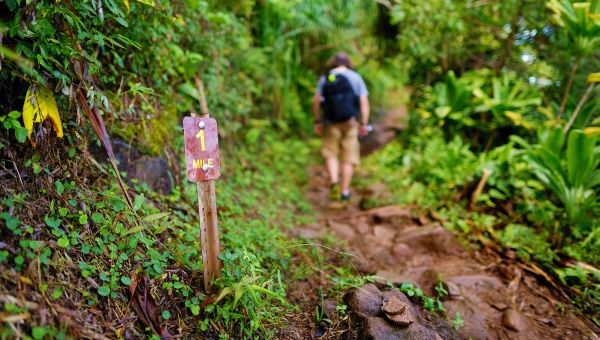
Explore the volcanic landscape
The Hawaiian Islands were formed over millions of years of volcanic activity. Today, there are eight main islands: Niihau, Kauai, Oahu, Molokai, Lanai, Kahoolawe (uninhabited), Maui and Hawaii Island. Each island has its own characteristics and personality, but they share stunning volcanic topography.
If watersports don’t spark your fancy, consider taking a hike to get in some exercise. Aside from the cardiovascular benefits, spending time outdoors in forested environments may help reduce stress hormones, lower blood pressure and relieve depressive symptoms.
Be sure not to offset those health benefits with injuries, bug bites or sunburn. Always stay on marked trails, carry food and water, wear sunscreen and bug spray, bring a phone and let someone know where you will be.
More On


video
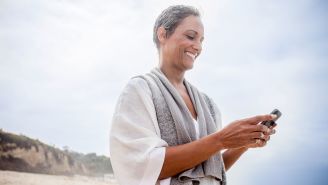
article

slideshow


video


video
